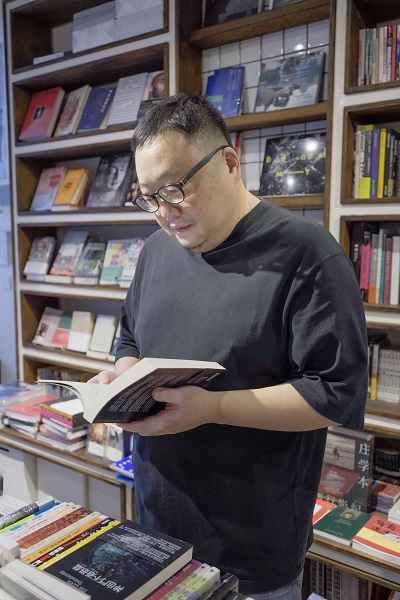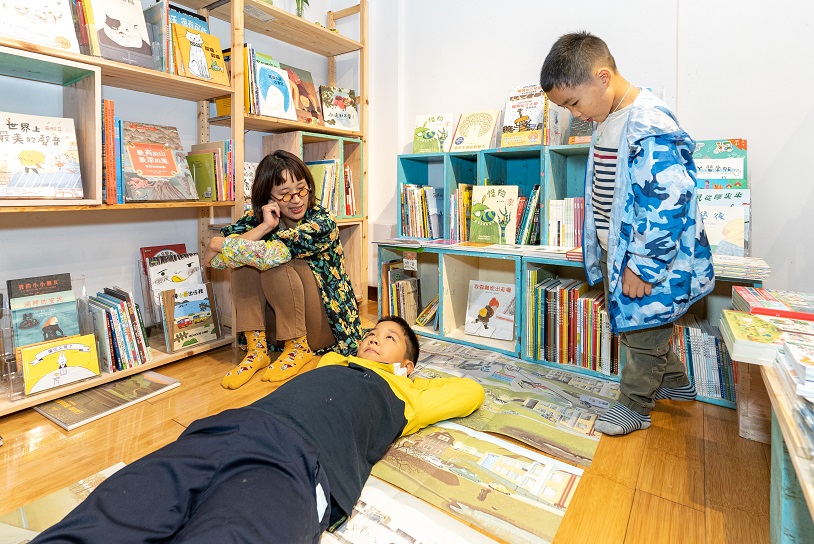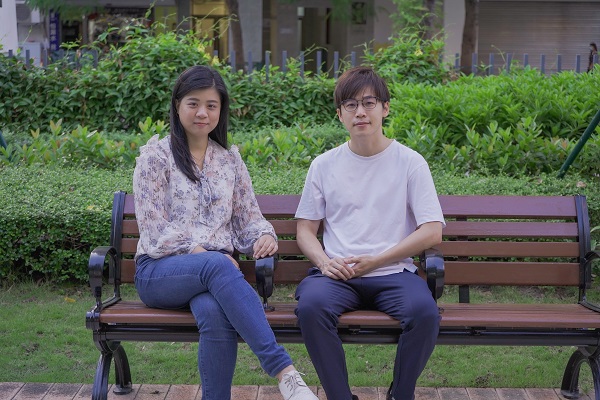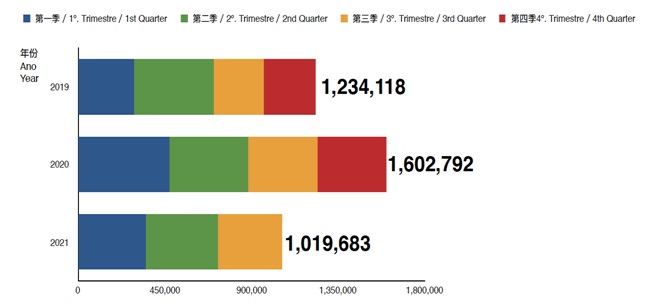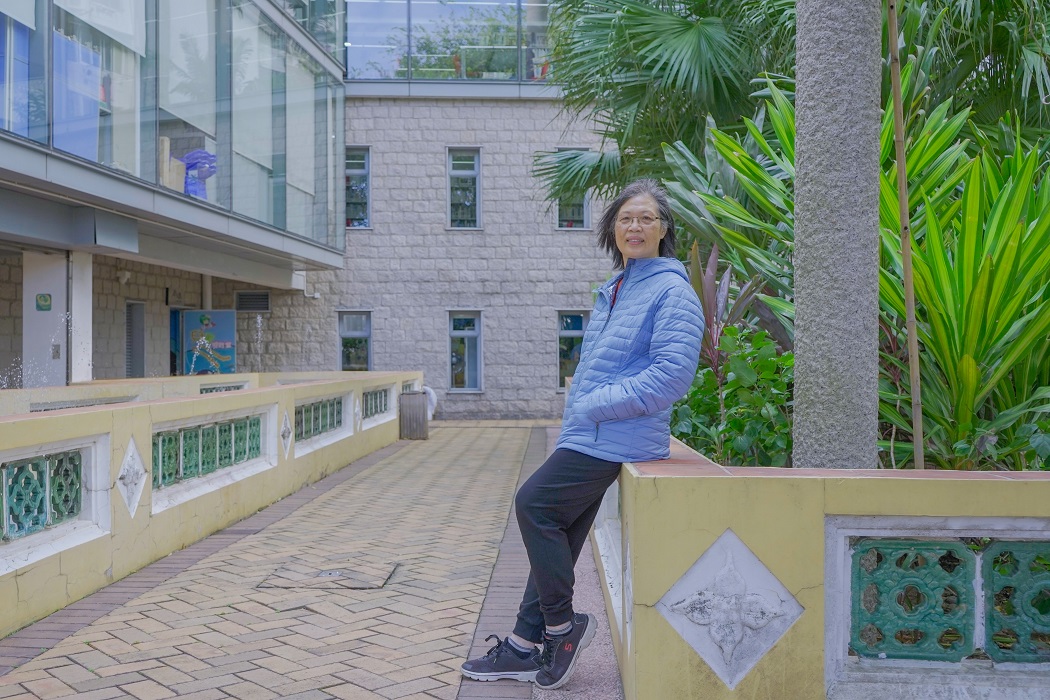
Books are readily available to today’s students, yet they were a luxury to those in the 1950s to 1960s, including Choi Fong Meng, who is now a retired teacher. Back in the day, reading gave her the simplest joy amidst the shortages of everything. It influenced her to become a teacher, from where she could influence the next generation in the same fashion.
Choi recalled that: “When I was little, the rice merchants would put rice into bags made of folded newspaper for sale. Every time my mother came back home from the merchant, she would carefully put the newspaper away and read it when she had time. Her habit rubbed off on my siblings and me, and as a result, we picked up reading naturally.” Choi reads extensively, including fairy tales, fiction, world magazines and classic literature works. Wuxia (martial arts) novels, especially those written by Liang Yusheng and Jin Yong, are among her favourites. She and her siblings tightened their purse strings so that they could rent books from the “bookstalls” then and plunge into the Wuxia world imbued with chivalry.
She was a part-time student in middle school. No matter how tired she was after a day’s work, she never skipped any literature classes in night school. Her persistence landed her a role as a Chinese teacher. While teaching at a primary school, she always made the articles she read into bite-size stories to trigger her students’ interest in reading. She found it most rewarding that reading helped students to breed confidence. “Many years ago, I ran into a stammering student. One day he took me by surprise when he talked to me about a story in the Romance of the Three Kingdoms. I encouraged him to discuss the stories in the book with me whenever he had time. He did it, as a matter of fact, for a whole term. I was delighted to see that he could express himself more clearly and become more confident. After going into middle school, he came back to visit me and told me that he loved reading history books so much that he wanted to dig deeper into this field. Reading is just nothing more than a habit, yet it is subtly shaping our lives.”

